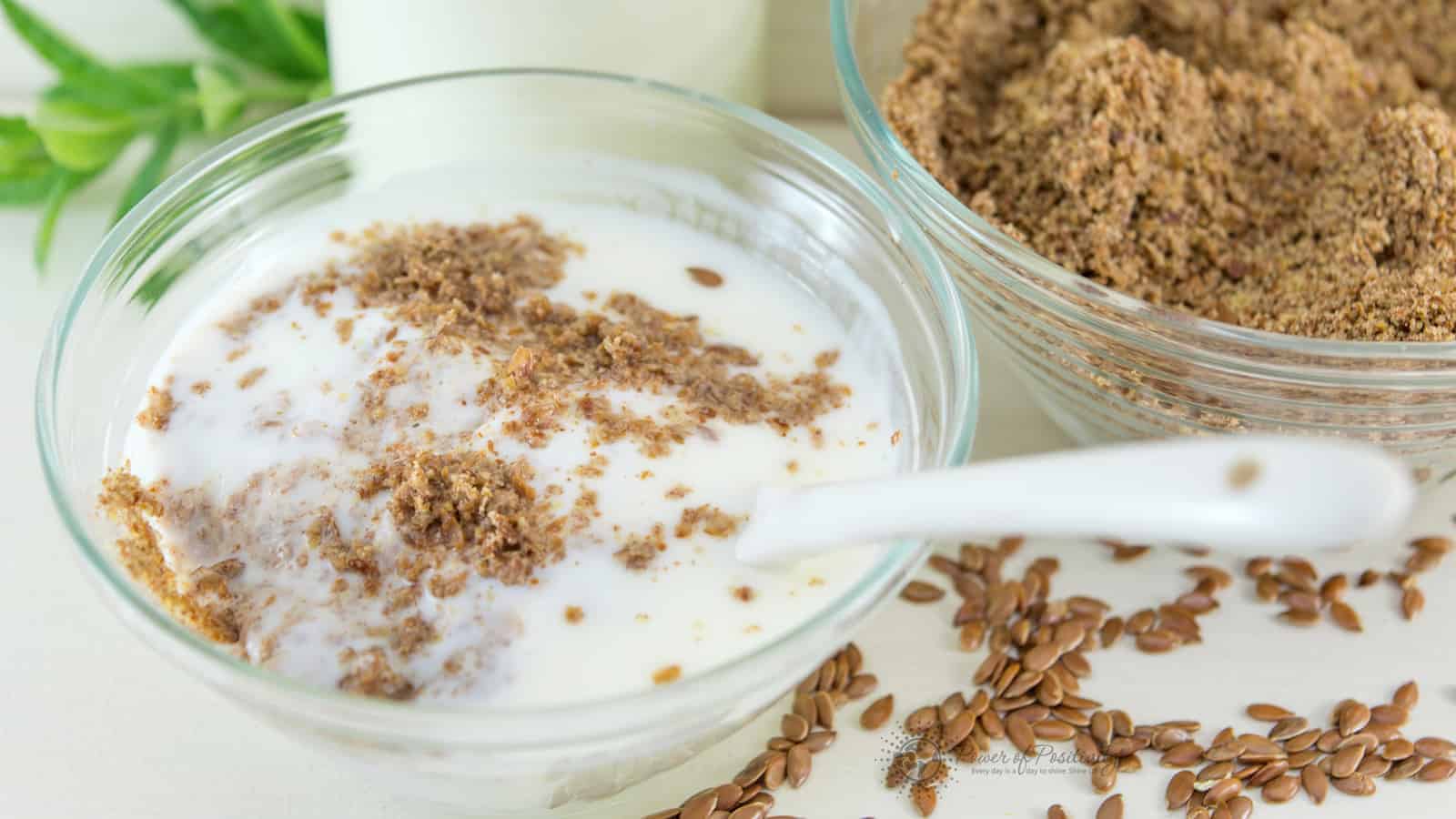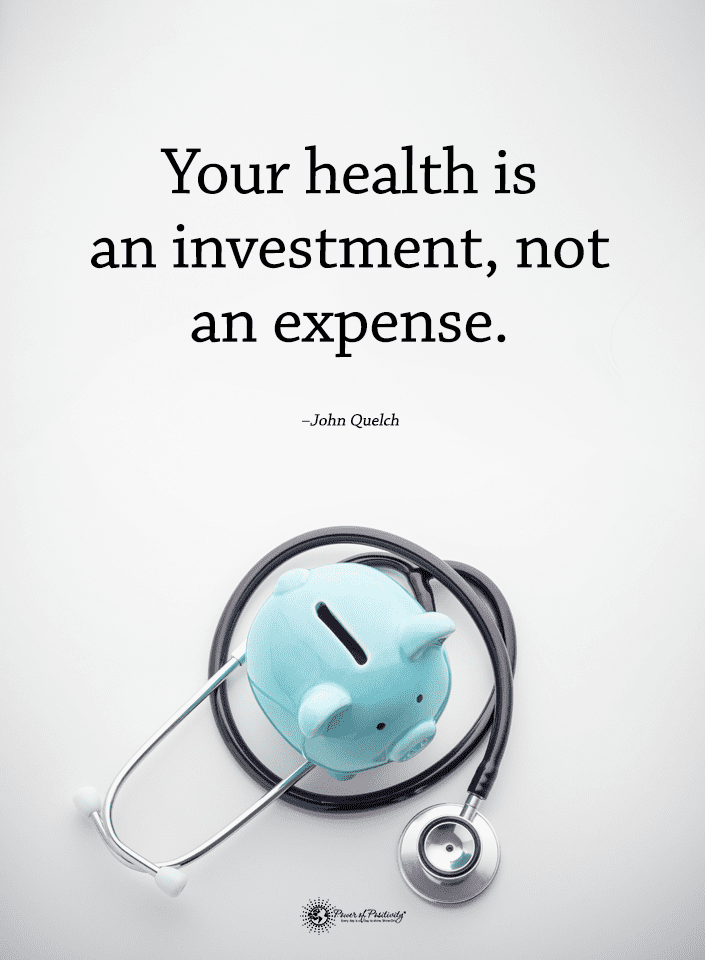Indeed, flaxseed has been around for centuries. The seed was believed to be cultivated somewhere east of the Mediterranean around 3000 BC. Initially, flax (or linum usitatissimum), was used to make linen because of the plant’s robust and flexible fiber within its stem. The consumption of flax seed is a relatively new concept, catching on in the United States in the late 1990’s.
An exciting piece of history: around the 8th century, King Charlemagne passed a law that required people to consume flaxseed. That may be a bit excessive, but the sovereign King did have an altruistic reason for doing so, in that he wanted to pass the tremendous health benefits of flaxseed to his people.
Flaxseed is considered a “superfood,” or food so densely packed with nutrients that it should be consumed daily. The seed is tasty, small, and can be included with several foods: oatmeal, rice, yogurt, cereal, potatoes, smoothies…the list is practically endless.
Here Are 9 Reasons You Need To Eat Flaxseed Every Day:
1. It’s an excellent source of nutrients
As mentioned prior, flaxseed is a superfood because of its sheer amount of packed nutrients. Flaxseed contains omega-3 fatty acids for heart and brain health, lignans with antioxidant and cancer-fighting properties, and soluble fiber for digestive and gastrointestinal health. In addition, flaxseed is a rich source of macronutrients, manganese, and vitamin B. Flaxseed also contains good protein. Nutrition gurus deem it a powerful addition to one’s diet.
2. It reduces hypertension
The Centers for Disease Control and Prevention (CDC) estimate that approximately 68 million Americans (one-third of the population) have hypertension or high blood pressure. Flaxseed is shown to be a promising remedy for this epidemic. Those that include flaxseed oil in their daily diets tend to sustain regular blood pressure readings and lower the blood pressure of those with hypertension. (For reference, normal blood pressure is around 120/80.)
3. It may help fight skin cancer
We all love to be out in the sun; perhaps the only concern is the rising numbers of skin cancer.
As it turns out, according to The US National Library of Medicine, dietary flaxseed supplementation enhanced the cancer-fighting properties of mice by as much as 63% while reducing the number of cancerous tumors discovered.
4. It may help ward off depression
Depression is a complicated illness to understand.
Those afflicted with the condition often desperately need some help. According to one Japanese study, flaxseed may help balance the complex network of neurotransmitters within the brain, providing much-needed relief. In addition, depressed people are more likely to have lower levels of omegas in their body, which flaxseed may also help to correct.
5. Helps to lower cholesterol
Having high cholesterol levels is not only unhealthy, but it’s also dangerous. Those with high cholesterol are more likely to suffer from a heart attack or stroke. According to an Iowa State University study, flaxseed effectively lowers cholesterol levels. Flaxseed may also help serve as great preventative food for warding off high cholesterol.
6. Promotes healthy hair and skin
The good fats and B vitamins within flax help reduce dryness of the hair and skin. It is also believed that these properties effectively improve the symptoms of acne, eczema, and rosacea. In addition, flaxseed may help alleviate dry eyes.
7. Promotes weight loss
In an article published in the Journal of Nutrition, researchers discovered that flaxseeds (along with walnuts) might help fight obesity and promote weight loss. The reason is that flaxseed is packed with fiber and healthy fats, which helps increase feelings of fullness (or satiety). Further, healthy fats contained within flaxseeds may also reduce inflammation.
8. Contains important antioxidants
Consuming flaxseed is one of the best ways to get all-important antioxidants. Flax contains potent polyphenols, which provide terrific benefits such as anti-aging and cellular health. Flaxseed may also help correct hormonal imbalances. Polyphenols also help stimulate the growth of probiotics in the gut, which plays an essential role in eliminating harmful bacteria in the body.
Everybody despises cold and flu season, and nothing (regardless of what some commercials may tell you) is a surefire preventative solution. That said, flaxseed contains some of the most potent anti-viral and antibacterial properties of any food on the market. Simply including a small amount in your morning oatmeal, smoothie, or cereal may be the edge needed to get through another dreadful cold and flu season.















 Community
Community

